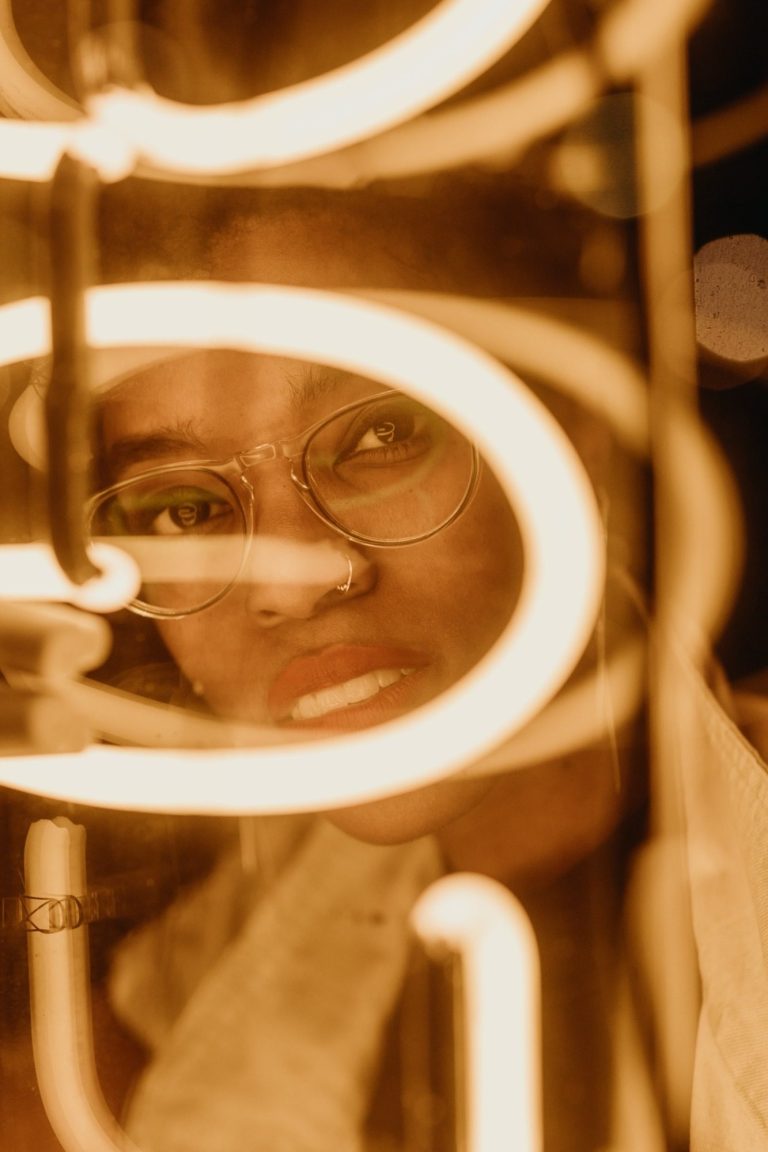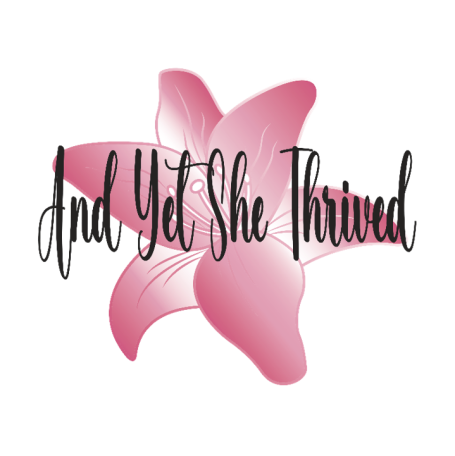
Reclaim Your Power
Break Free from the Male Gaze and Remember
Who You Are
For far too long, we have been taught to see ourselves through the eyes of others.
We learn early that our value comes from:
how we look,
how we smile,
how we’re perceived
—not who we are.
We’re praised when we’re pleasing.
Corrected when we take up too much space.
Conditioned to monitor our every move to avoid being labeled difficult, aggressive, loud, or "too much."
This constant self-monitoring is not just habit—it’s a symptom of something deeper.
It is the residue of living under the male gaze.
We have been conditioned to measure our worth through a gaze that was never meant to honor us—and our liberation begins the moment we reclaim our right to see ourselves clearly.
What Is the Male Gaze?
The male gaze, a term introduced by feminist film theorist Laura Mulvey in 1975, refers to the way visual culture—and by extension, society—centers and prioritizes the heterosexual male perspective.
It tells women how to dress,
how to speak,
how to move.
It defines what is desirable, acceptable, and worthy.
But it’s not just about movies or ads. It shows up in how we navigate our daily lives.
How we pose for photos,
how we manage our expressions in meetings,
how we second-guess a boundary we just tried to set.
It shows up in social media—the likes, the filters, the captions that walk a tightrope between confident and palatable.
The male gaze is not always obvious.

It can feel like an inner voice, a doubt, a hesitation.
It’s not just about being looked at—it’s about being conditioned to look at ourselves through someone else’s lens.
And we begin to internalize it.
Therefore...
We are taught to perform.
Even in our most private moments, we find ourselves performing femininity—
adjusting our tone,
crossing our legs,
choosing outfits based on how they’ll be perceived.
We present a curated version of ourselves, not because we’re fake, but because we’ve been taught that’s what makes us lovable.
We carry this performance into our careers,
our relationships, our self-care.
We filter our feelings before expressing them.
We soften our "no."
We second-guess our brilliance.
We apologize for our joy.
We become disconnected from our true selves.
The more we mold ourselves to please the gaze, the more we start to forget what we like, what we desire, what we need.
Our journals become places where we rehearse rather than release.
Our mirrors reflect back a self we don’t fully recognize.
We may feel successful and still empty.
Visible but not seen.
Productive but not present.
We begin to see ourselves as objects.
Not intentionally—but by osmosis.
We measure our value by how others react to our appearance.
We analyze ourselves in photos like we’re editing a product.
We critique our bodies before anyone else can.
We stop showing up for ourselves unless we think
someone is watching.
We learn to see ourselves as bodies first, people second.
Our voices become accessories, not instruments.
Our emotions become inconvenient.
Our identities become fractured.
Our worth becomes externalized.
We start to believe that unless someone is looking at us, liking us, praising us, desiring us—we don’t matter.
Visibility becomes our drug.
Performance becomes our prison.
We collect accolades and compliments and still feel unknown.
And all the while, our voice gets quieter.
Our desires get dimmer.
Our true identity begins to blur.

The Emotional Cost of Living Through the Gaze
This isn’t just about beauty standards.
This is about identity distortion.
About how living under the gaze can lead to:
Loss of self-worth:
When you define yourself by how others see you,
your sense of worth can collapse when the
gaze shifts or disappears.
Body image issues:
The gaze emphasizes appearance over experience,
causing us to mistrust, resent, or disassociate
from our bodies.
Internalized misogyny:
We begin to judge ourselves and other women based on the same standards that have kept us small.
Self-censorship:
We hold back. We apologize for our power. We mute our joy, our anger, our fullness—for fear of how we’ll be seen.
We adapt so well we forget we’re adapting. We perform so constantly that authenticity starts to feel like a risk.
But Here’s the Truth:
The gaze was never meant to honor your humanity—it was designed to contain it.
And you?
You were never meant to be looked at.
You were meant to be fully seen.
Reclaiming Your Identity Starts with Seeing Yourself Differently
You don’t have to keep performing.
You don’t have to keep shrinking.
You don’t have to keep editing yourself for a gaze that was never yours to begin with.
Your liberation begins when you ask:
- What would I wear, say, do, or create if no one was watching?
- Who am I when I’m not performing likability?
- What do I value when I’m not trying to be approved of?
The answers to those questions are a map—back to you.
And Yet She Thrived: A Space for Unfiltered Self-Return
At And Yet She Thrived, we don’t fix women.
We don’t ask you to be better.
We help you remember who you were before you were asked to disappear.
We journal to release performance.
We reflect to re-center truth.
We reclaim our identities through quiet courage and radical honesty.
We create space for women to:
- Write what they’ve never said out loud
- Reclaim their reflection without apology
- Name their needs without guilt
- Take up space without fear
You don’t need to earn your power.
You don’t need to prove your worth.
You are already whole—but you’ve been taught to forget.
You were never meant to be filtered through someone else’s gaze.
You were meant to live unfiltered, unedited, and fully you.
Ready to Begin?
The Courageous Living ebook is your first step. Not into a new version of yourself—but back to the version you were always meant to be.
🖤
—Toya
Founder, And Yet She Thrived
Courageous Living:
Radical Self-Care
for Everyday Power
In a world where everyone seems to want something from you, when was the last time you paused to care for yourself? When did you give yourself the time and attention you truly deserve?
It's time to change that.
Welcome to Courageous Living: Radical Self-Care for Everyday Power—your guide to reclaiming your strength, clarity, and peace.

We need your consent to load the translations
We use a third-party service to translate the website content that may collect data about your activity. Please review the details in the privacy policy and accept the service to view the translations.
